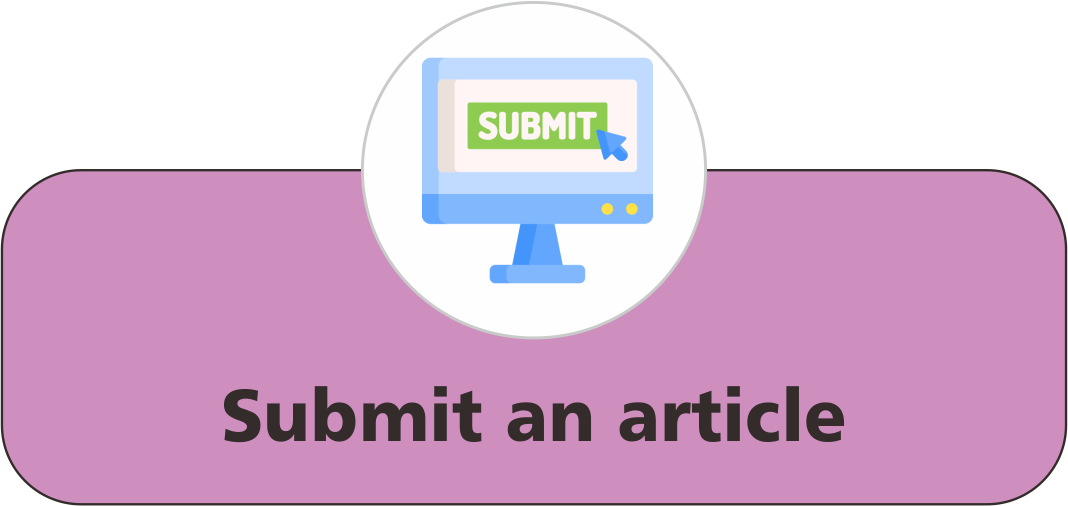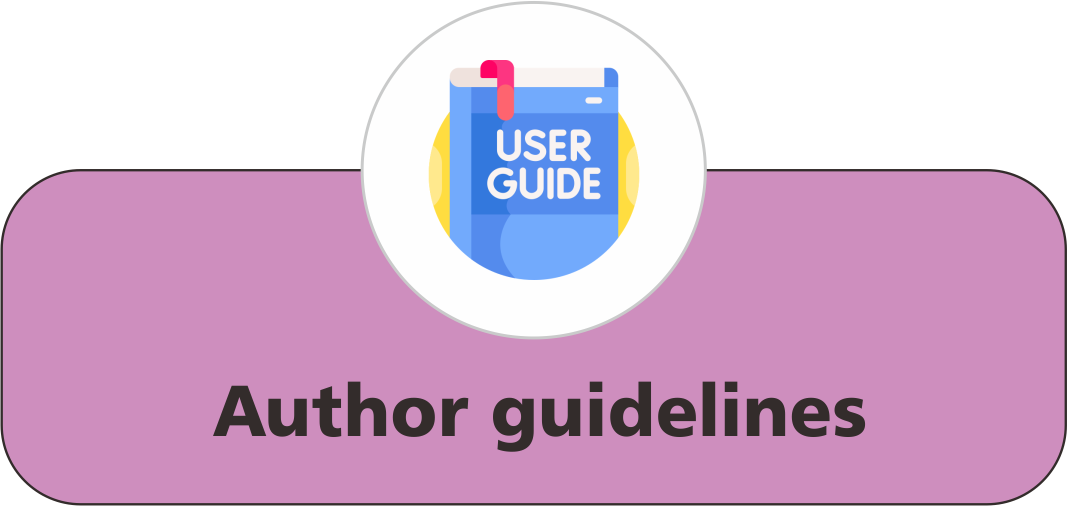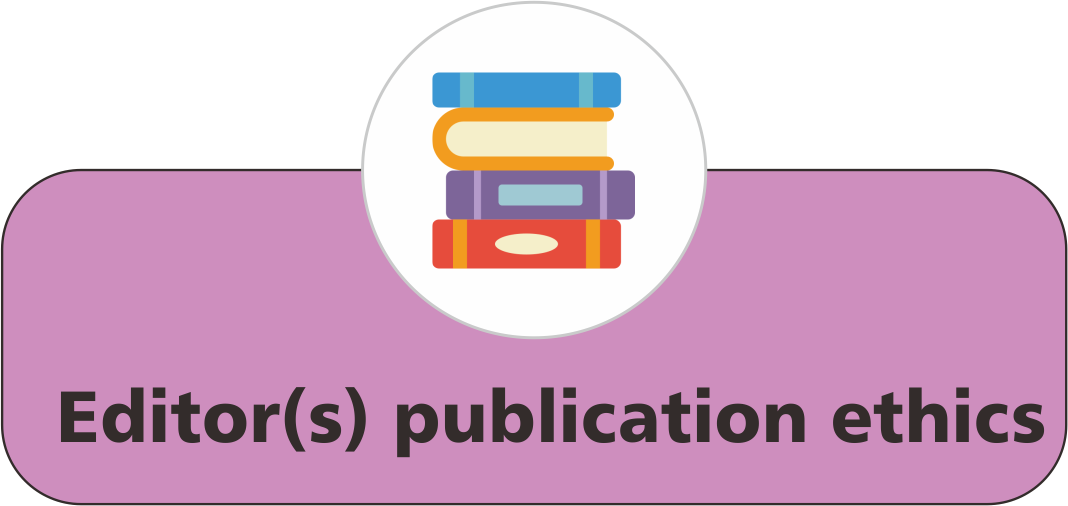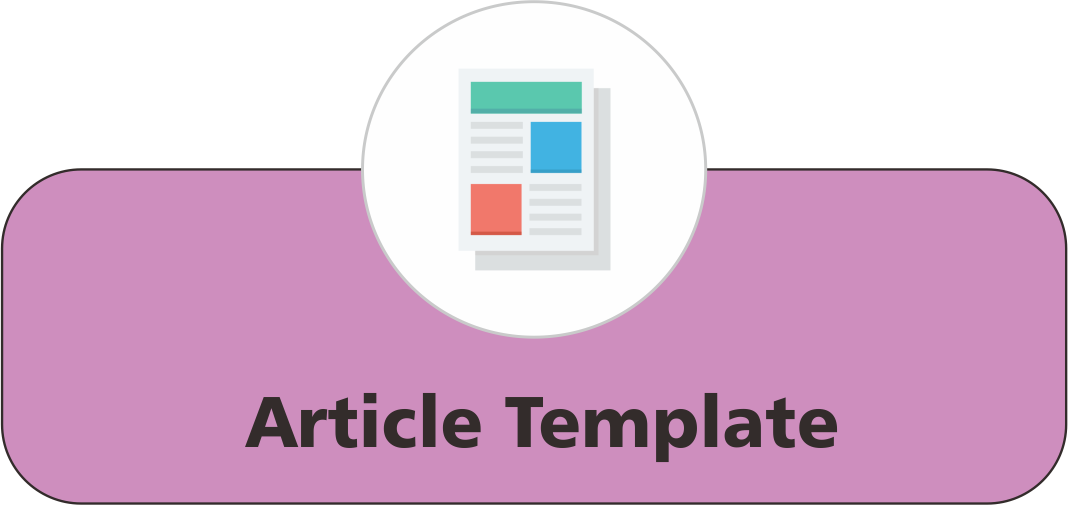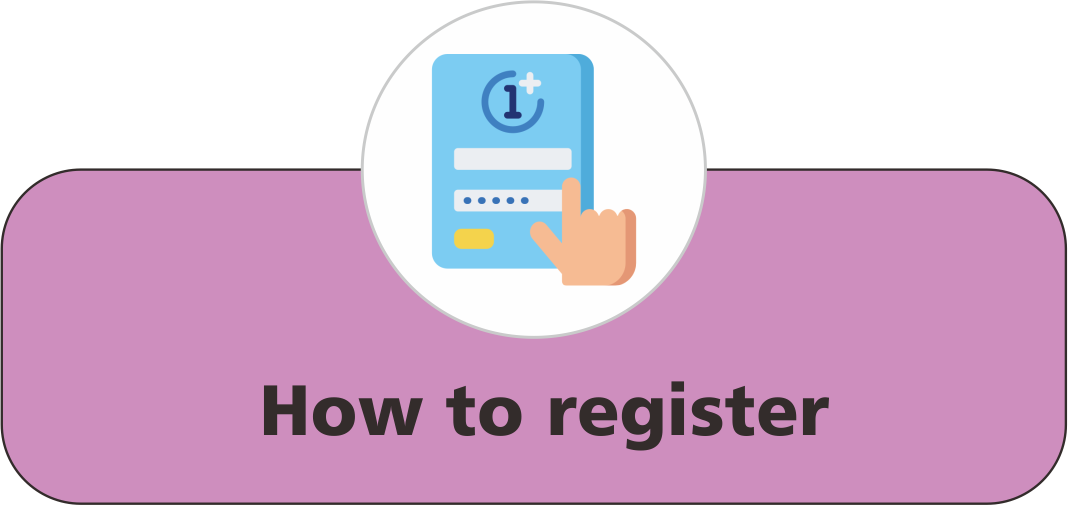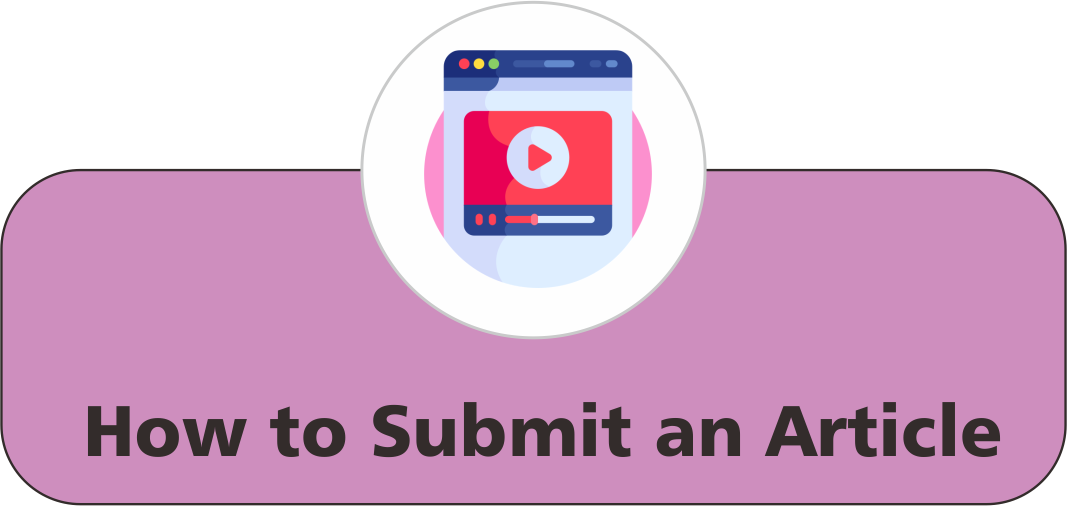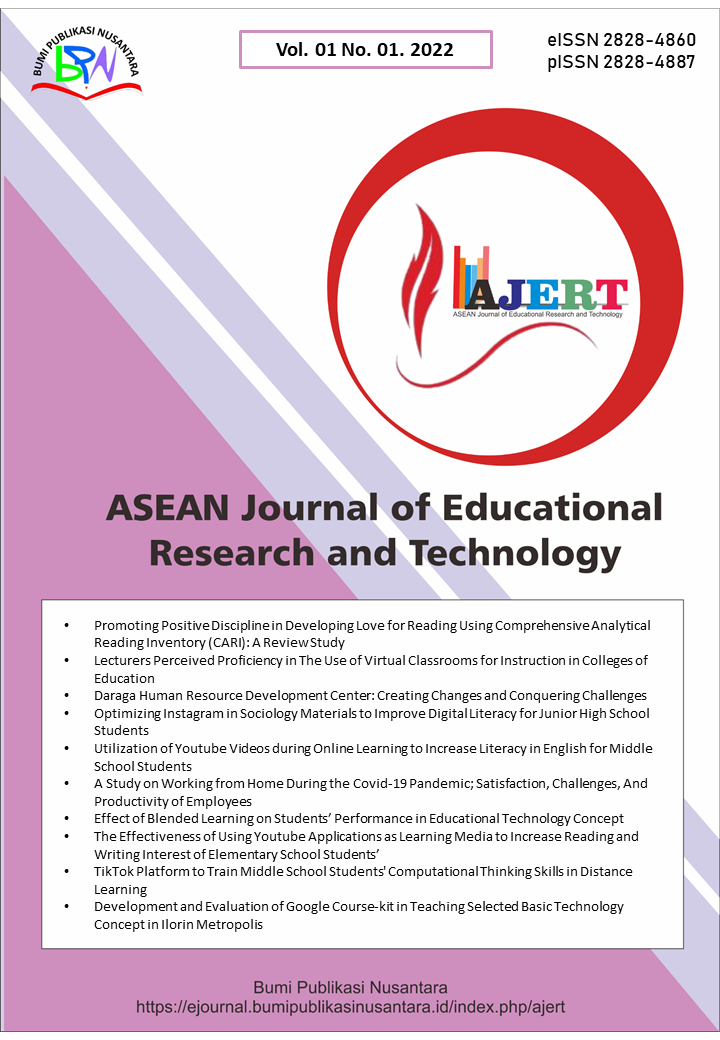Primary Education Undergraduates’ Awareness and Perception on The Utilization of Open Educational Resources for Learning in University of Ilorin
 ), Eyiyemi Veronica Omolafe(2), Ebenezer Omolafe Babalola(3), Gboyega Ayodeji Aladesusi(4),
), Eyiyemi Veronica Omolafe(2), Ebenezer Omolafe Babalola(3), Gboyega Ayodeji Aladesusi(4),
(1) University of Ilorin
(2) University of Ilorin
(3) University of Ilorin
(4) University of Ilorin
 Corresponding Author
Corresponding Author
Abstract
This study investigated the awareness and perception of the utilization of Open Educational Resources (OER) for learning among primary education undergraduates at the University of Ilorin. The study adopted the descriptive research of survey type. This study was limited to the primary education undergraduate students in the Adult and Primary Education Department, University of Ilorin. 150 undergraduates were randomly selected from the department. Structured questionnaires were used to elicit a response from the respondents. The finding of this study shows that undergraduate students are aware of OER's learning tools. Primary education undergraduate students’ perception towards OERs tool for learning is positive, there are factors inhibiting effective use of OER for learning among students, undergraduate students used OERs site for learning, and there was no significant difference between male and female undergraduates’ perception of OER tools for learning. Based on the findings of this research, the following recommendation was made. Lecturers should endeavor to put their scholastic publications in the public domain of their institutions, as this will help the student to lay hands on more quality materials and the government should provide funds to ensure the stability of the OER movement.
Keywords
References
Abramovicha, S., and McBrideb, M. (2018). Open education resources and perceptions of financial value. The Internet and Higher Education, 39, 33-38.
Afolabi, F. (2017). First year learning experiences of university undergraduates in the use of open educational resources in online learning. International Review of Research in Open and Distributed Learning, 18(7), 113-125.
Babagana, M., Idris, U. S. B., Chado, A. M., Ndagi, M. and Jibril, M. N. (2016). Biology teacher’ perception of integrating mobile phones as instructional strategy in teaching senior secondary school students in Minna metropolis, Nigeria. Benue State University Journal of Education (BSUJE), 16(1), 66-74.
Butzin, S. M. (2001). Using instructional technology in transformed learning environments: An evaluation of Project CHILD. Journal of Research on Computing in Education, 33(4), 367-373.
Colvard, N. B., Watson, C. E., and Park, H. (2018). The impact of open educational resource on various student success metrics. International Journal of Teaching and Learning in Higher Education, 30(2), 262-276.
Edwin-Ezeoka, C. A., Ekweozor, E. C., and Bello, U. (2020). Strategies for helping children understand mathematical concepts. Journal of Early Childhood and Primary Education, 2(2), 113-126.
Etor, C. R., Mbon, U. F., and Ekanem, E. E. (2013). Primary education as a foundation for qualitative higher education in Nigeria. Journal of Education and Learning, 2(2), 155-164.
Fischer, L., Hilton, J., Robinson, T. J., and Wiley, D. (2015). A multi-institutional study of the impact of open textbook adoption on the learning outcomes of post-secondary students. Journal of Computer Higher Education, 27(3), 159-172.
Georgiadou, E., and Kolaxizis, I. (2019). Film students’ attitude toward open educational resources (OERs) for film studies in Greece. Education Sciences, 9(3), 195.
Hilton, J. (2016). Open educational resources and college textbook choices: A review of research on efficacy and perceptions. Educational Technology Research and Development, 64(4), 573-590.
Issa, A. I., Ibrahim, M. A., Onojah, A. O., and Onojah, A. A. (2020). Undergraduates’ attitude towards the utilization of open educational resources for learning. International Journal of Technology in Education and Science (IJTES), 4(3), 227-234.
Krubu, D. E., and Osawaru, K. E. (2011). The impact of information and communication technology (ICT) in Nigerian university libraries. Library philosophy and Practice, 2011(583), 1-19.
Kurelovic, E. K. (2016). Advantages and limitations of usage of open educational resources in small countries. International Journal Research Education Science, 2(1), 136-142.
Lin, H. (2019). Teaching and learning without a textbook: undergraduate student perceptions of open educational resources. International Review of Research in Open and Distributed Learning, 20(3), 2-18.
Njeze, M. (2020). An assessment of open educational resources by students in selected academic institutions in southwest, Nigeria. Library Philosophy and Practice (e-journal), 4356.
Olufunke, C. A., and Adegun, A. O. (2014). Utilization of open educational resources (OER) and quality assurance in universities in Nigeria. European Scientific Journal, 10(7), 535-543.
Upadhyay, A. P., and Bijalwan, A. (2015). Climate change adaptation: services and role of information communication technology (ICT) in India. American Journal of Environmental Protection, 4(1), 70-74.
Article Metrics
Abstract View : 1250 times
: 1250 times Download : 1090 times
Download : 1090 times
Refbacks
- There are currently no refbacks.
Copyright (c) 2022 Bumi Publikasi Nusantara

This work is licensed under a Creative Commons Attribution-ShareAlike 4.0 International License.

